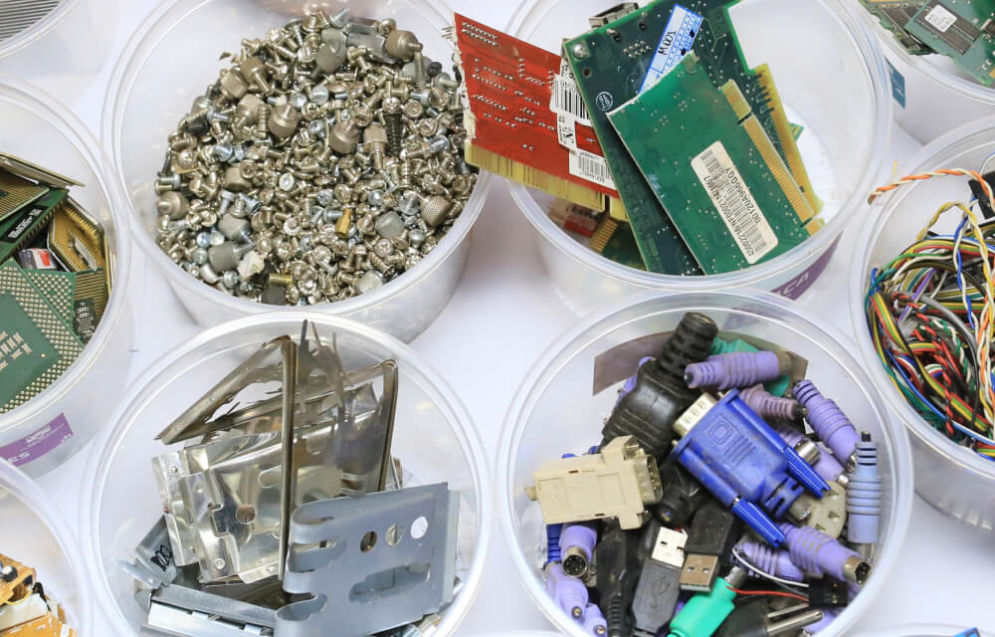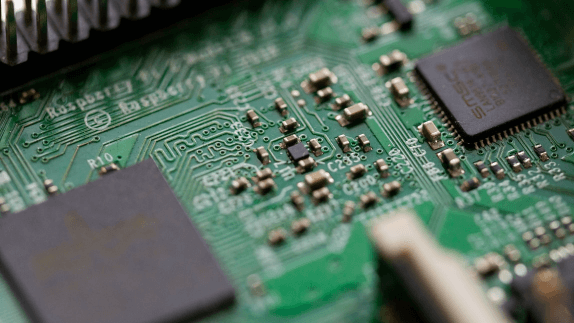This page is part of Circular Economy in Africa: Examples and Opportunities, a collection of insights exploring key questions on accelerating the circular economycircular economyA systems solution framework that tackles global challenges like climate change, biodiversity loss, waste, and pollution. It is based on three principles, driven by design: eliminate waste and pollution, circulate products and materials (at their highest value), and regenerate nature. across the continent.
Africa is ranked as the world’s fastest-growing mobile phone market, creating multiple economic and educational opportunities for the continent. Sales of Electrical Electronic Equipment (EEE), such as refrigerators, television sets, and mobile phones is increasing annually, and consumer spending, primarily by the middle-income class, has reached an estimated USD 1.3 trillion in 2010 (equivalent to 60% of Africa’s GDP) and is projected to double by 2030.
A growing electronics waste problem
As the sales of electronics continue to grow rapidly in African countries, the generation of e-waste is also increasing, driven by international trade and domestic consumption. In 2019, Africa generated 2.9Mt of e-waste which translates to 2.5kg/capita. Although Africa’s per capita e-waste generation in Africa is the second lowest globally, over 60% is derived from imports.
The handling of e-waste in African countries is often limited to crude processing means in backyards (for example, smashing or breaking open casings), manual stripping to remove electronic boards for resale, and burning to liberate and recover selected materials. Other bulk components, including cathode ray tubes (CRTs), are disposed of in open dumpsites. These processing methods have devastating impacts on people’s health and the environment.
For these reasons, e-waste management has emerged as a policy priority, with countries such as Ghana, Rwanda, Nigeria, and South Africa publishing policy frameworks to improve e-waste management, including introducing the Extended Producer Responsibility (EPR) policy.


Circular solutions for e-waste
The circular economy can offer immediate solutions by extending product life cycles, and recovering functional and material value from e-waste. In a circular economy for electronics, consumer electronic products will be kept in use for as long as possible, then professionally remanufactured for reusereuseThe repeated use of a product or component for its intended purpose without significant modification., refurbished, or repaired, and the valuable components within them will be separated and recycled.
Download the article to see circular economy opportunities for electronics in Africa as well as examples of African entrepreneurs driving the circular economy for electronics.

Ellen MacArthur Foundation

ICLEI Africa

Chatham House

University of Lagos














